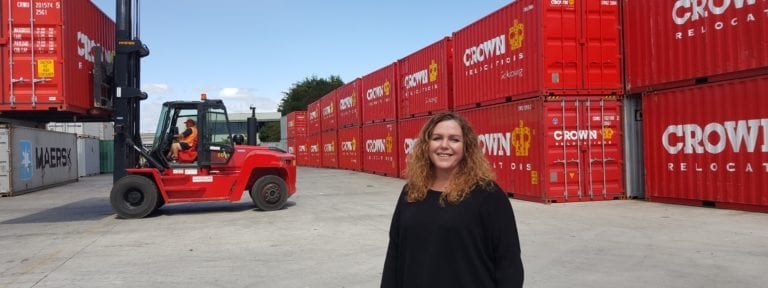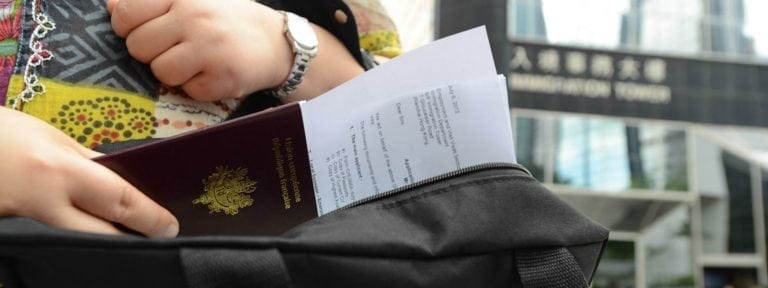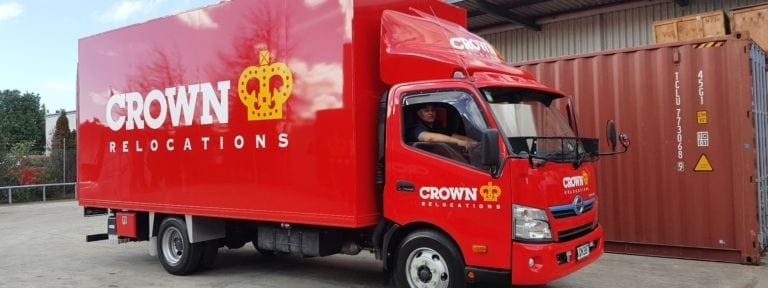How are you doing? No, really, how are you doing?
At the start of each year Crown World Mobility publishes its annual “trends to watch” list, shedding light on some of the ways the economy, geopolitics, global business, innovations in technology and generational shifts are impacting our industry and driving change.
This time last year no one could have anticipated what 2020 had in store for us. In the words of Queen Elizabeth II, it has turned out to be an annus horribilis. And yet, as we end this year holding on to the three simple Ws to protect us (Wear a mask, Wash your hands, Watch your distance), we can also begin to look forward with hope – towards newly discovered vaccines – and look back at some of the silver linings this year has provided.
Of Crown World Mobility’s 2020 trends to watch, the one that seems to have evolved most due to COVID-19 is employee duty of care and mental health. “Duty of care” makes the annual trends list regularly. Part of the reason for its recurrence and importance is that relocating employee duty of care is varied and includes a wide range of issues.
The importance of planning and support
Often it is an emergency that reminds us of how important it is to have a plan and support in place. One big part of Mobility duty of care lies in preparing business travellers, relocating employees and their families for the unexpected – from illness, accidents, personal and family security, political upheaval and terrorism, to immigration changes that could impact their assignment. Preparing employees to understand the financial implications of their move, the tax consequences, cultural differences and new languages are also duty of care considerations. COVID-19 reinforced the importance of regularly reviewing and updating your company’s duty of care strategy.
Challenges Global Mobility teams and their organisations faced upon COVID-19’s sudden onset
- Dislocated relocating employees – employees and their families who were outside of their host location when borders closed and quarantine began; some employees were on vacation, home leave and business trips, while others were in transit. Finding employees and supporting them while they were in limbo became an enormous task for many organisations and their immigration and relocation management partners.
- Communicating critical information – providing accurate information on the ground across the globe – everything from local government responses, rules and regulations, to medical treatment options, COVID-19 testing, quarantine, safety and health precautions.
- Sourcing and distributing Personal Protective Equipment (PPE) to employees and their families, adapting facilities to offer onsite “safety-first” conditions, and looking out for their well-being.
- Business continuity – Mobility teams working with their business partners to develop and/or manage business continuity strategies; understanding the impact of COVID-19 on day-to-day business requirements; managing expectations related to travel and relocation.
- International Work from Anywhere – understanding and then guiding employees and managers on the duty of care angles of this emerging approach to Mobility (especially related to the risks and compliance issues) is a new requirement that will continue into 2021.
Adding mental health to the discussion
Prior to the pandemic, we added an emphasis on mental health support to the duty of care discussion. Outside of COVID-19, even when a person is highly motivated, the experience of moving inevitably causes stress and anxiety as people leave family and friends behind. Employees often feel pressured to hit the ground running in a new and perhaps highly visible role. Anyone who has worked across cultures will have experienced some level of working with colleagues who have different expectations around manager-subordinate relationships, giving/receiving feedback, accountability and even humor. A highly successful employee in their home country can still feel less successful while on assignment.
For employees with family members, it is often the accompanying partner who has the hardest time with adjustment, since they will need to initiate their activities and relationships in the new location without the familiarity of their job. Adding to this, dual-career couples are increasingly the norm and frequently the accompanying partner has left a career for the move. Unlike your employee, the accompanying partner won’t automatically have a job to go to each day or a group of colleagues to interact with.
So where does mental health fit into the duty of care discussion at the end of 2020? We started the year stating that the topic continues to be challenging in the workplace due to the stigma that exists around talking about mental health issues at work, and the fact that it can be invisible if you aren’t looking for it. We have seen mental health become an everyday topic among colleagues, neighbors, family members, and even with the person at the check-out counter in the grocery store. Not only is mental health less taboo, it is an imperative. We have heard CEOs and senior executives talking about their mental health and the emotional consequences of the pandemic, encouraging their employees to pay close attention to their own mental health.
For Global Mobility, this year we jumped from encouraging your teams to address mental health issues – starting by removing the stigma – to seeing the topic appear on most companies’ and industry events’ agendas as well as showing up in mobility program priorities. Examples include:
- Pre-departure training programs that include information for all relocating employees and transferees about expat depression, work-related stress and ways to find support.
- Educating HR team members and managers who receive relocating employees about signs of depression, and the stress that can come with an international move, is also a step in the right direction.
- International healthcare providers are also a good resource for confidential employee assistance programs.
Promoting employee well-being strategies can also promote mental health in the workplace. As a result of Covid-19, companies now put more of an emphasis on well-being programs that include exercise, nutrition and mindfulness.
The rise of work-life balance
For Global Mobility teams, relocating employees and the general population, work-life balance has also evolved this year. Most employees shifted to remote work, most schools went online or were temporarily paused. Many companies reduced their staff due to the economic impact in the height of the crisis, while work hours for those who remained increased. Global Mobility teams have not had the same volume of initiations and active move files this year. What they have had is more hours of work, managing new employee and family needs, their business partners’ expectations, fewer team members and their own personal adjustments at home. All while trying, like everyone else, to stay safe and sane.
Duty of care mobility program enhancements and a newfound confidence in addressing mental well-being are two trends we are excited to highlight in 2021.
For more information contact our World Mobility specialists call us on: 0800 243 578, or (+64) 9 415 7300, alternatively email: crownworldmobility.nz@crownww.com or complete a contact form.












































